 18.08.2021
18.08.2021
IVF in the natural cycle
IVF at the NC is the most gentle method of artificial insemination. Ovarian hormone stimulants are not used to obtain an egg. The egg is produced during your normal menstrual cycle.
 18.08.2021
18.08.2021
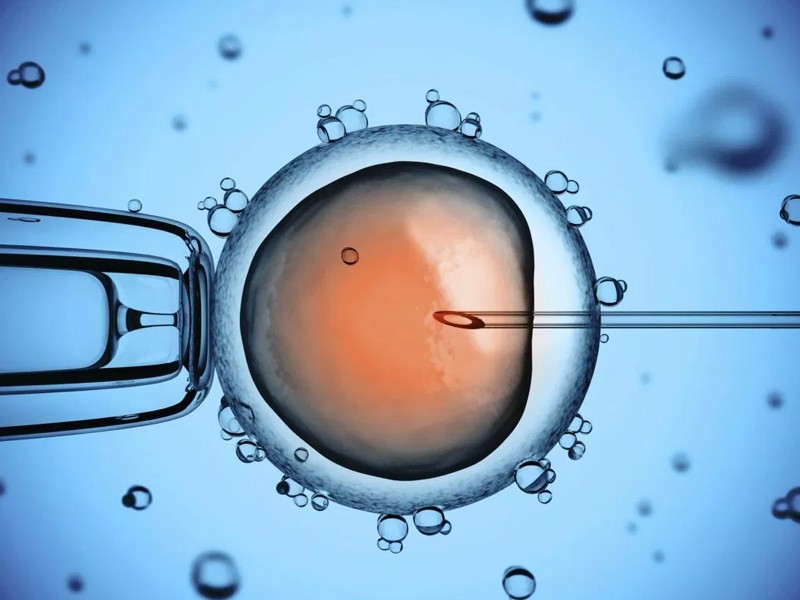 14.07.2021
14.07.2021
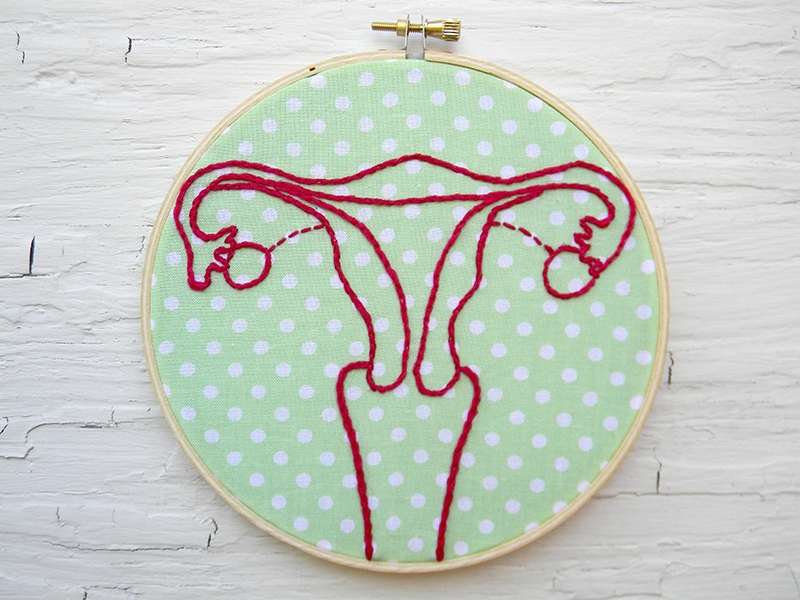 02.07.2021
02.07.2021
 25.06.2021
25.06.2021
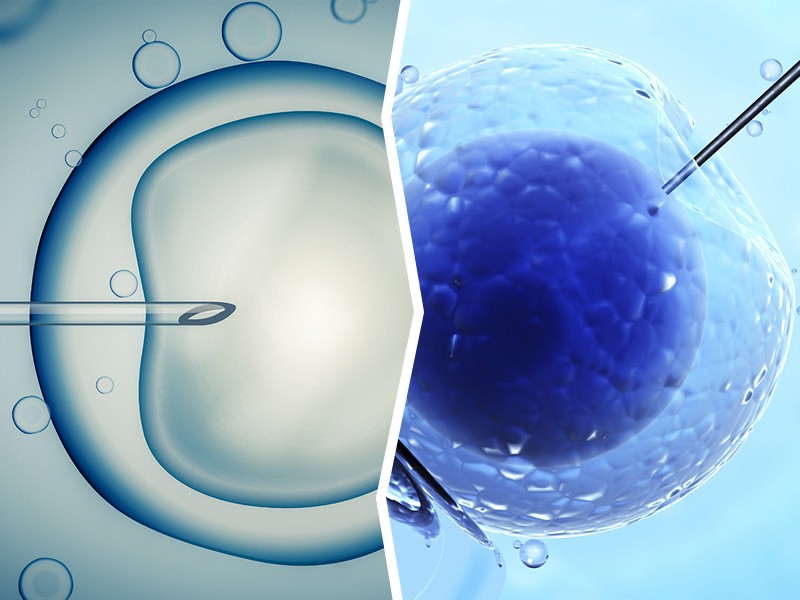 22.06.2021
22.06.2021
 07.05.2021
07.05.2021
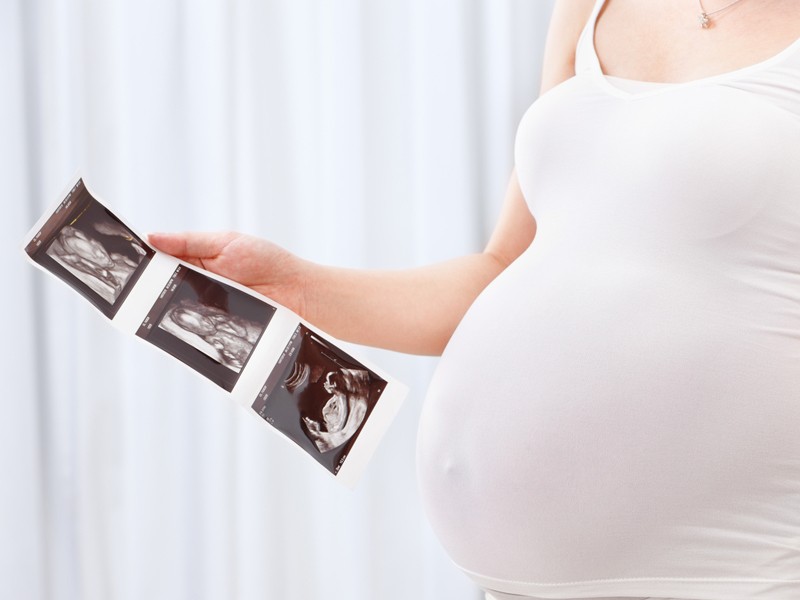 11.03.2021
11.03.2021
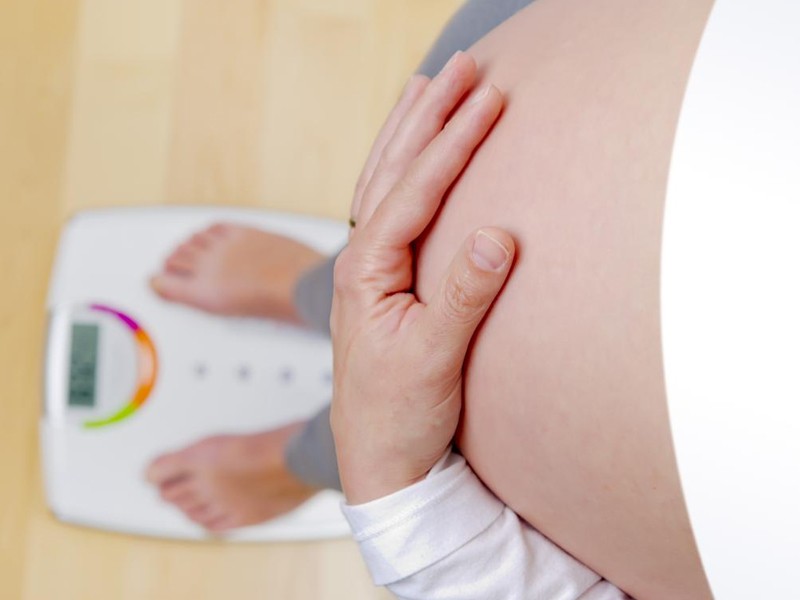 05.01.2021
05.01.2021
 31.12.2020
31.12.2020